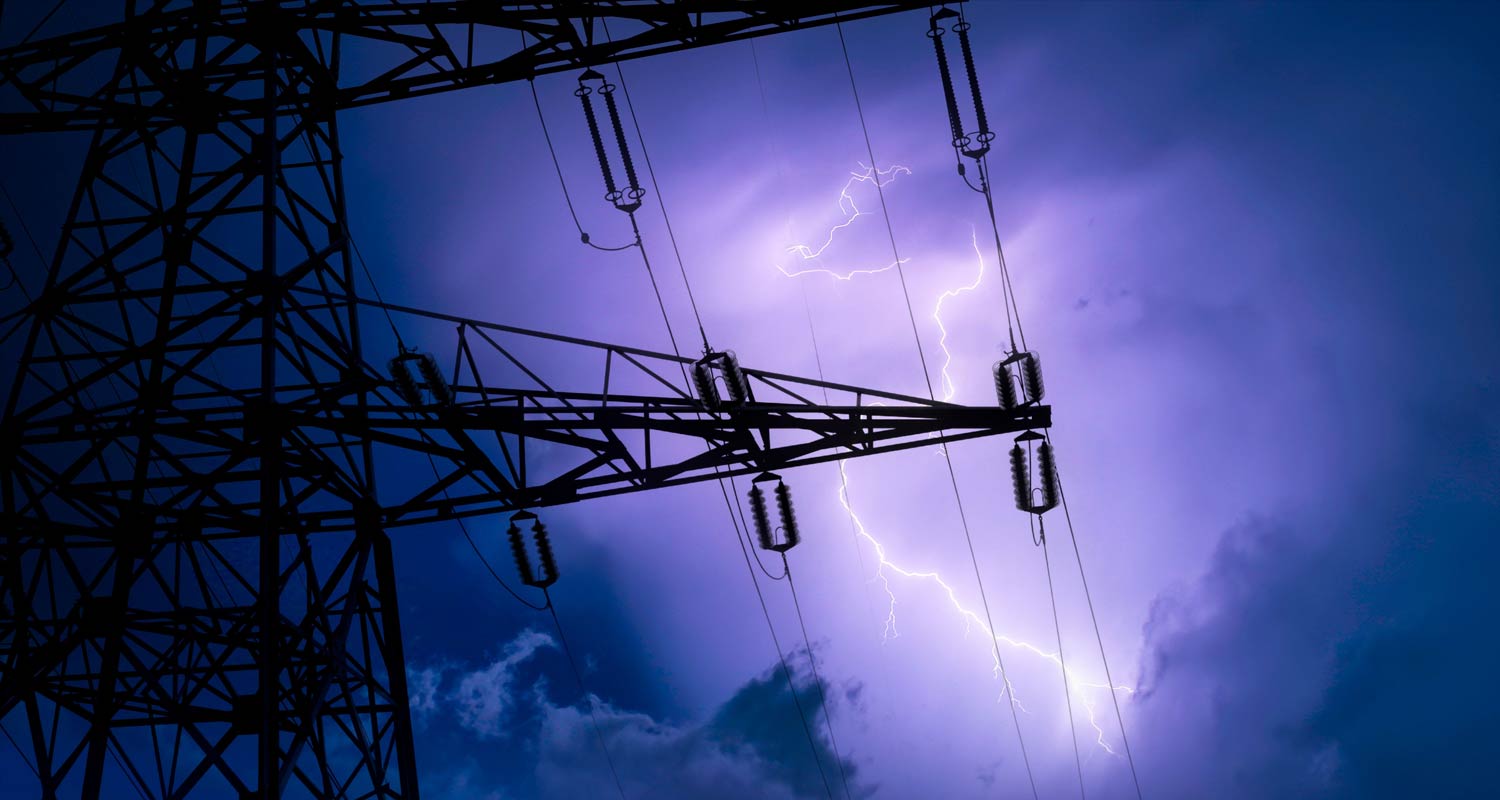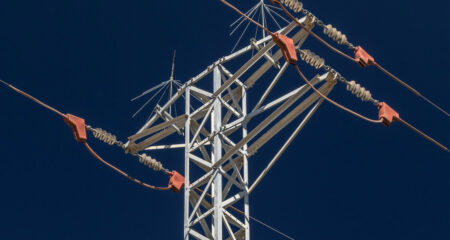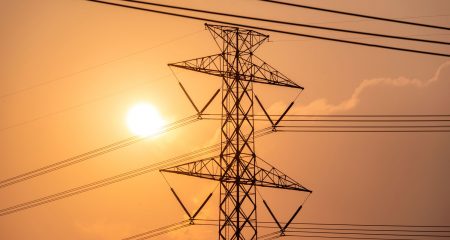 Municipalities owe Eskom a total of R82.3-billion in arrears, which the embattled state-owned power utility is struggling to collect.
Municipalities owe Eskom a total of R82.3-billion in arrears, which the embattled state-owned power utility is struggling to collect.
Eskom supplies electricity to the municipalities, which in turn sell it on to households and businesses — and both have seen a rapid rise in outstanding debts. The overdue amount owed to the utility has quadrupled over the last five years, frustrating efforts to stabilise its finances just as it is making progress in improving its operations and averting blackouts that have dogged the country for years.
Eskom has resorted to a range of methods to collect its debts, including securing asset seizure orders. In 2020, it publicised how furniture and vehicles owed by the Emfuleni municipality, one of its biggest creditors, were taken.
“To improve revenue collection, Eskom developed a debt-management strategy, with one of the key interventions” being to enter into partnerships with municipal customers to actively help them settle their debts, the utility said in a reply to questions. Only five councils have entered into settlement agreements to date, it said.
Political will is needed to ensure municipalities function more efficiently and are able to meet their obligations, and Eskom could cut off their electricity supply until payment terms are agreed, according to Olga Constantatos, head of credit at Cape Town-based money manager Futuregrowth.
“If Eskom doesn’t collect, or if the debt is forgiven, Eskom’s financial sustainability will likely remain at risk, and they may need additional capital injections or other financial support,” she said. “Ultimately, taxpayers and citizens bear the cost of this.”
Debt relief
National treasury has stepped in with a debt-relief programme for 71 overburdened municipalities, which should ultimately help R55-billion of Eskom’s arrears to be settled. While some councils were adhering to payment schedules agreed with the treasury, others had sunk deeper into debt, the utility said.
Despite Eskom’s debt-collection issues, investors in its bonds have focused on its improved operational performance and power generation. The yield on the utility’s government-guaranteed tranche of dollar notes due in August 2028 traded near the lowest levels in nearly two years on Tuesday, at 6.9%.
“The bonds moved quite strongly because the prospects for the company seem to be improving,” with plant performance picking up, said Manuel Mondia, research analyst and portfolio manager at Aquila Asset Management. The municipal arrears “is still a hot topic, but I believe the market is still hoping for further measures or support”, he said. — Paul Burkhardt and Colleen Goko, with Ntando Thukwana, (c) 2024 Bloomberg LP




